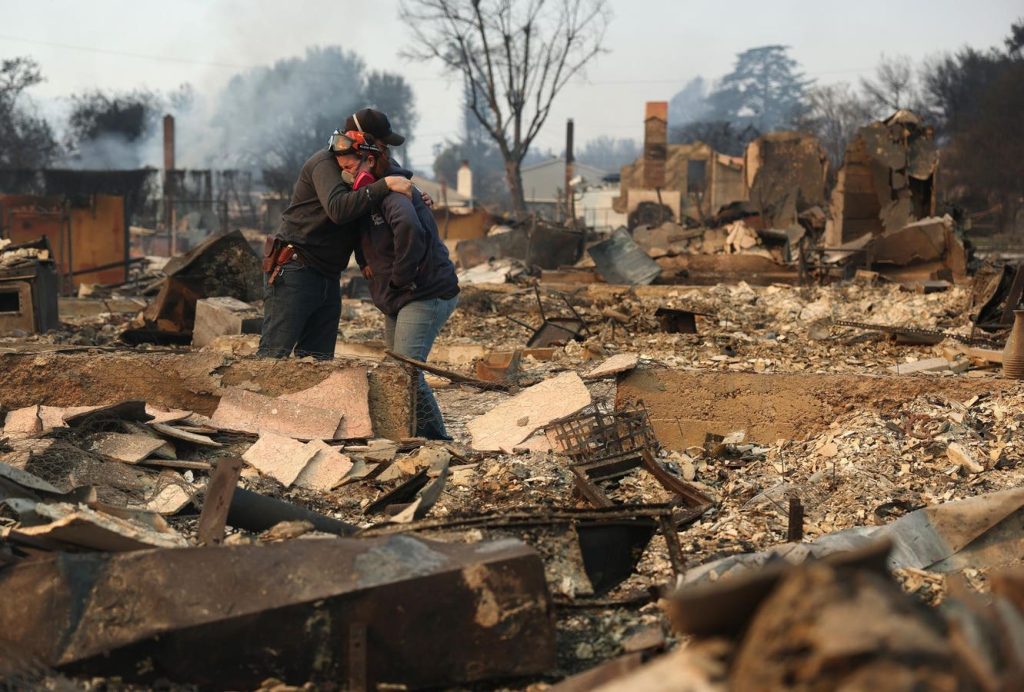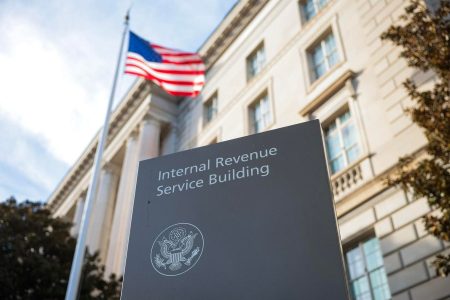The devastating wildfires sweeping through Southern California have left a trail of destruction, scorching over 47,000 acres, with the Palisades Fire alone consuming more than 23,000 acres. Fueled by arid conditions and strong winds, the fires continue to expand their reach, claiming at least 25 lives and forcing the evacuation of 88,000 Los Angeles residents, while a similar number remain under evacuation warnings. This widespread displacement, coupled with the ongoing firefighting efforts, has prompted a surge of support and inquiries about how to assist those affected. Beyond immediate evacuation needs, the fires’ aftermath will necessitate extensive recovery and rebuilding, demanding prolonged support for those impacted.
Numerous organizations are actively accepting donations to aid in the relief and recovery efforts. The American Red Cross is providing disaster relief services and accepting financial donations through various channels. The California Community Foundation’s Wildfire Recovery Fund, with a history of providing millions in disaster relief, is focusing on critical recovery services such as housing, case management, and medical care. The California Fire Foundation offers support to firefighters, their families, and affected communities. Direct Relief is concentrating on medical aid deployment, including respiratory protection equipment. Feeding America, in collaboration with the Los Angeles Regional Food Bank, is addressing food insecurity arising from the disaster.
The Humane Society is actively involved in animal rescue operations, and the Los Angeles Fire Department Foundation is seeking donations to equip firefighters battling the blazes. The Los Angeles Food Bank welcomes both financial donations and food supplies, along with volunteers. The Pasadena Humane Society, currently overwhelmed with physical donations, encourages monetary contributions instead. The Salvation Army is engaged in emergency disaster relief, and World Central Kitchen is providing meals to first responders and affected families. While these organizations are highlighted, many other charities are also accepting donations to support wildfire relief efforts.
For those wishing to contribute effectively, monetary donations are generally preferred over material goods due to logistical challenges. It’s crucial to ensure donations are made to reputable organizations, avoiding personal solicitations and verifying contact information before sending money electronically. While individual fundraising efforts can be impactful, donations to registered charities offer tax deductibility and greater accountability. Opting for established, well-known organizations offers assurance of their experience and infrastructure in disaster relief, reducing the risk of scams or ineffective resource allocation.
Legal professionals can also contribute to the recovery efforts by volunteering with organizations like California’s Disaster Assistance Legal Collaborative or the American Bar Association Disaster Legal Services program, offering legal guidance and support to those affected by the wildfires. This assistance can be crucial for individuals navigating insurance claims, property disputes, and other legal matters arising from the disaster. The need for legal aid will likely persist long after the fires are contained, underscoring the importance of sustained volunteer engagement.
Understanding the tax implications of charitable donations is important for maximizing the impact of contributions. To claim a deduction, itemizing is necessary, and donations must be made to qualified organizations, verifiable through the IRS website or other resources. Proper documentation, such as receipts for all donations, including cash contributions, is essential. Donating appreciated assets like stocks offers tax advantages, avoiding capital gains tax while still allowing a deduction for the fair market value. Qualified charitable distributions (QCDs) from IRAs can satisfy required minimum distributions and exclude the donated amount from taxable income.
While volunteering time is not tax-deductible, associated out-of-pocket expenses often are, including mileage, parking fees, and supplies. Accurate record-keeping is crucial for all donations, especially for noncash items, requiring a written appraisal for contributions exceeding $5,000. Contribution limits are generally tied to adjusted gross income (AGI), and donations are deductible in the year they are made, regardless of when checks are cashed or credit card charges are paid. These tax considerations, alongside the immediate need for aid, provide a framework for effective and impactful giving in response to the Southern California wildfires.










